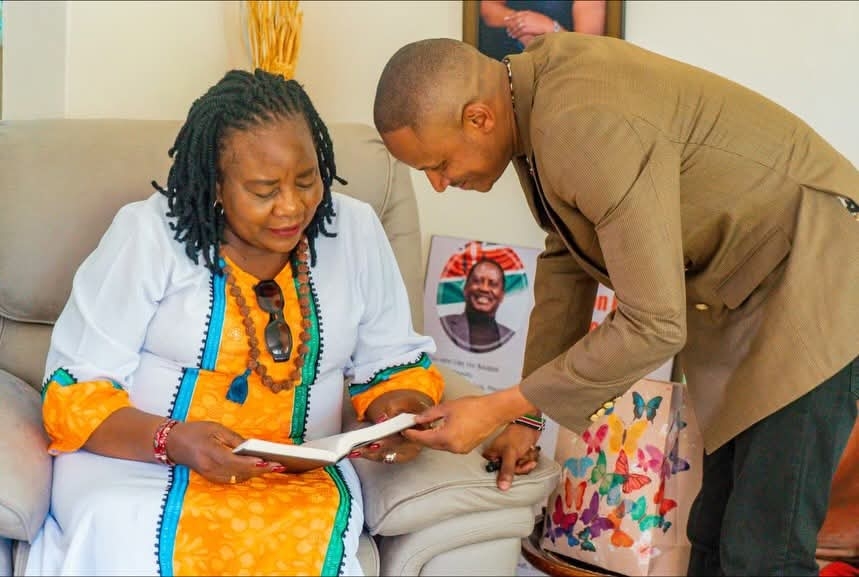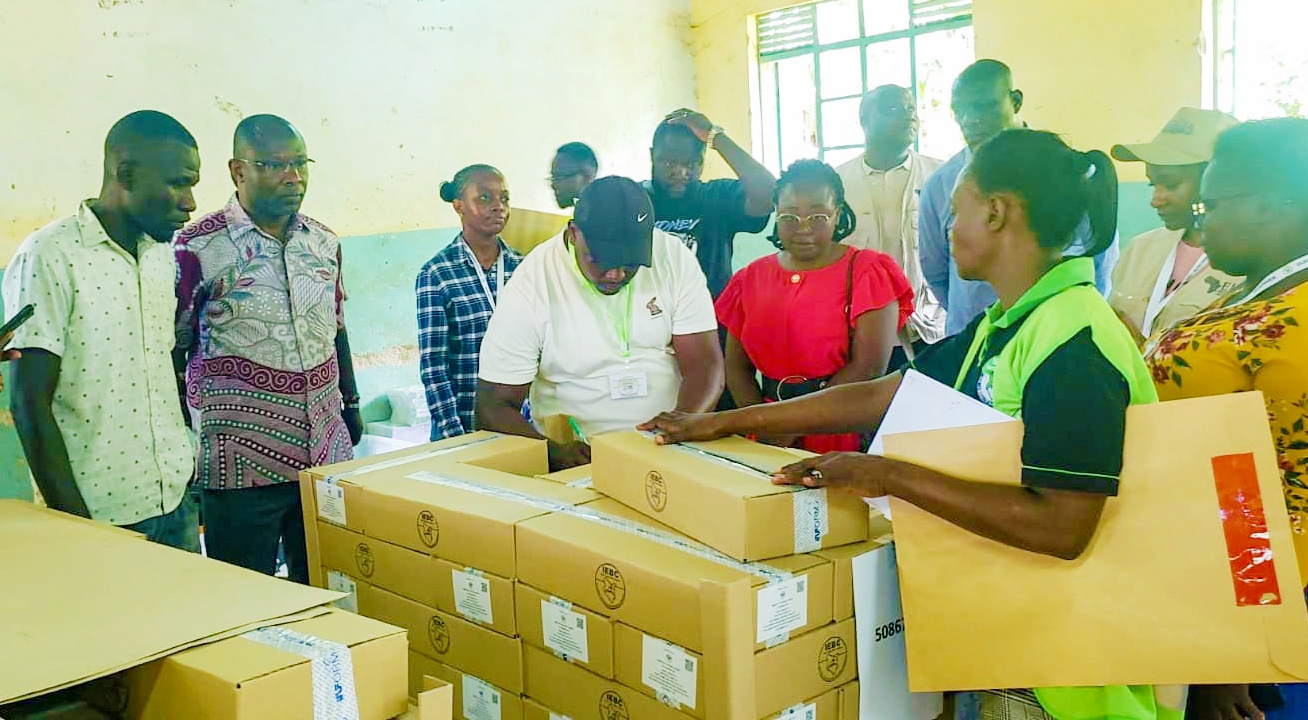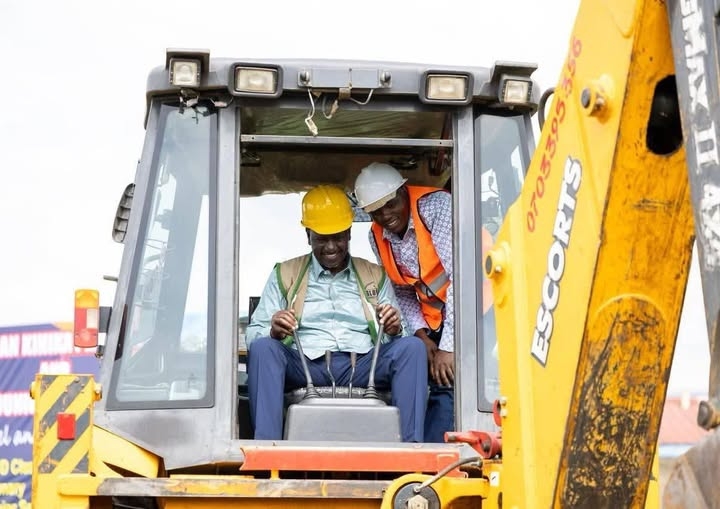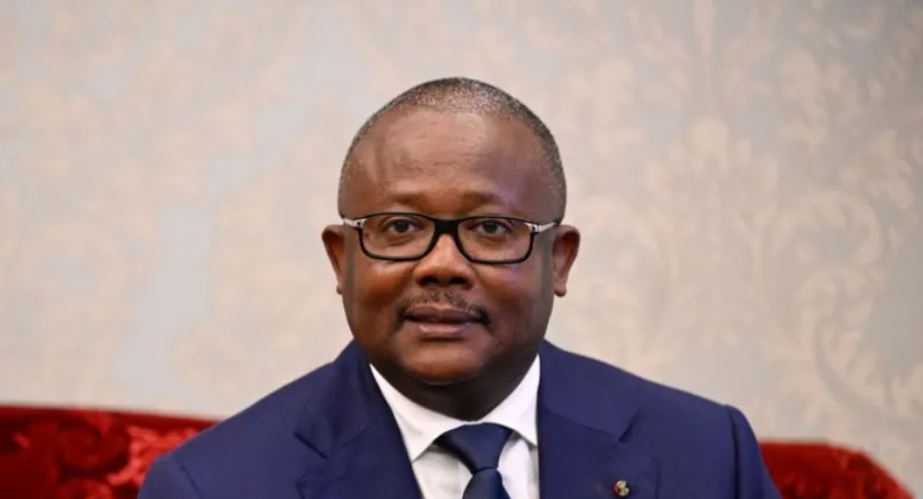
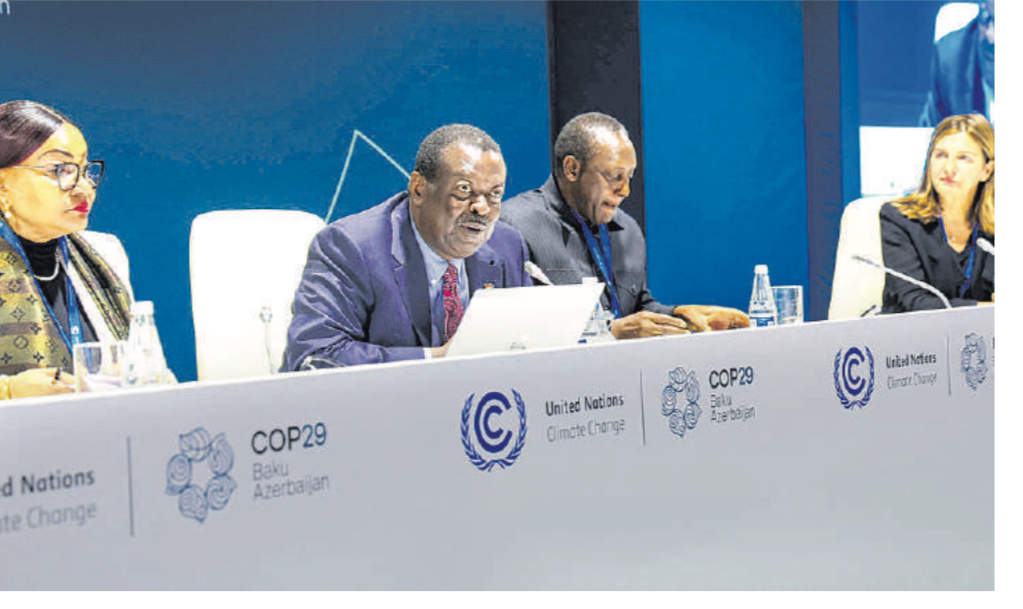
The takeaway from the end of is that developed countries continue to betray humanity by failing to commit to raising a trillion dollars to combat glob- al warming.
This exposes African countries, which remain low emit- ters but bear the brunt of climate change.
Prolonged droughts and floods have become the norm in Africa, with countries like Kenya being the most affected.
Earlier this year, multi-million-shilling roads were swept away by floods, yet no one will compensate Nairobi for such massive losses.
This is where African countries should diversify their approach to securing funds for mitigating cli- mate change, while also enhancing cooperation with countries like China, which has made significant progress in combating global warm- ing.
During my year-long stay in Bei- jing in 2019, the city was often too smoggy. However, on my third visit last month, it was noticeably less so, with electric vehicles becoming in- creasingly prevalent throughout the country. This indicates that China is serious about dealing with climate change.
Through the Forum on China-Africa Cooperation and the Belt and Road Initiative, China can teach African nations how to address this pressing issue, especially now that developed countries led by the US refuse to make meaningful commitments.
In China’s southeastern coastal city of Xiamen, eight out of every 10 vehicles on the road are electric, showcasing the country’s dedication to green technologies.
The Chinese believe that nothing is impossible, which is why they are spending bil- lions of dollars on desert greening, transforming deserts like the Gobi and Kubuqi of inner Mongolia into areas for ecological restoration, sus- tainable farming, and biodiversity.
Through FOCAC and the BRI, China and African countries should collaborate to tackle climate change, perhaps by funding green infrastructure projects and sharing techniques for combating global warming.
African nations must balance economic development with ecological sustainability.
Climate change poses an existen- tial threat to African countries, and the time for lamenting is over.
Af- rican leaders must collaborate with development partners like China, who are willing to help, instead of waiting for another COP29 summit to express frustration at developed nations that have failed humanity. China has made strides in public transportation, green infrastructure, and the deployment of charging and hydrogen refuelling stations.
These are the experiences Beijing should share with African nations.
China has also established partnerships with countries and regions, includ- ing the United States, the European Union, Japan, and Australia.
It is ac- tive in the United Nations Frame- work Convention on Climate Change and the Kyoto Protocol.
By 2030, China aims for non-fossil fuels such as wind, solar, hydropow- er, offshore wind, and coastal nucle- ar power to make up 25 percent of its total energy mix.
The country is also seeing record growth in solar and wind energy, reducing its reliance on coal.
China leads the world in the production of low-carbon technolo- gies, including electric vehicles and batteries.
China’s success in tackling cli- mate change is a result of concerted efforts between the government and the people. African countries, such as Kenya, should push companies to disclose their policies to combat global warming and to provide a commitment to gradually reduce emissions.
China’s leadership in agricultural mechanization could also benefit African nations.
Stronger laws are needed in Africa to hold polluters accountable.
Government policies and stricter emissions standards have acceler- ated the global adoption of electric cars.
According to the International Energy Agency, 14 million electric vehicles were sold in 2023, and the number is projected to reach 17 mil- lion by the end of this year — a 20 percent increase.
China now leads the world in electric vehicle produc- tion, accounting for 58 percent of all new electric cars sold globally.
At the ninth FOCAC summit in Beijing in September, China joined African countries in condemning the unilateral coercive measures imposed by developed countries, which undermine the right of de- veloping countries to sustainable de- velopment.
China also condemned protectionist measures such as the Carbon Border Adjustment Mecha- nism, which hinder climate action.
China has called on the inter- national community to uphold principles of equity, common but differentiated responsibilities, and respect for countries’ sovereignty in choosing their energy transition path.
Beijing emphasises the im- portance of providing predictable financial support and technology transfer to developing countries to help them tackle climate change.
From China’s experience, African countries must adopt a collaborative approach between governments and citizens.
Kenya, for example, should push companies to disclose their environmental policies and com- mit to gradual emission reductions.
China’s expertise in agricultural
mechanisation should be shared
with Africa, and stringent laws are needed to curb pollution:






